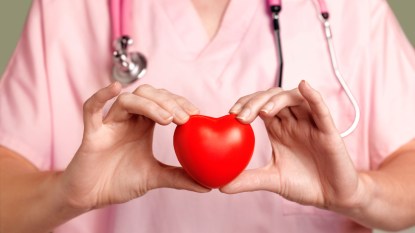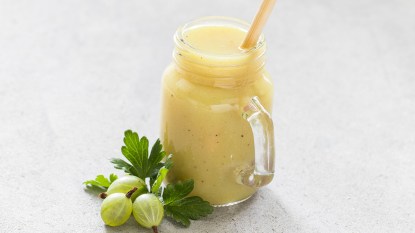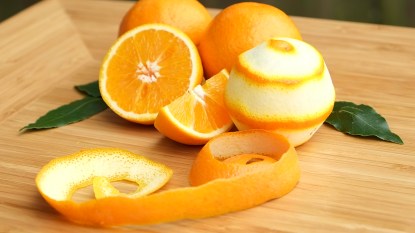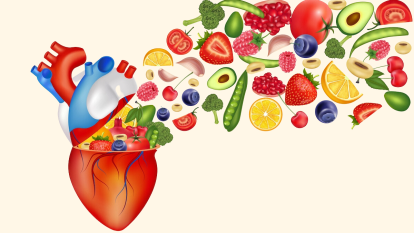5 Ways to Lower Your Blood Pressure Naturally

Winter is over, so why is our blood pressure creeping up now? Blame the past few months (and quite probably the coronavirus). According to a study published in the European Heart Journal, lack of UV light, chilly temperatures, and blustery winds strain the nervous system, making blood pressure rise by as much as nine points. Here’s how to bring it back down.
Choose Chimes
Pick a ringtone that you find soothing — and put your phone on vibrate or silent whenever possible — and your blood pressure could drop by seven points in 10 days, Italian researchers say. Explains David Perlmutter, M.D., co-author of Brain Wash ($15.72, Amazon), frequent calls and notifications disrupt focus and tax your nervous system, so making them less jarring and intrusive can quickly tamp down stress hormone release and reduce blood pressure spikes.
Offer Up Thanks
You’re 78 percent more likely to stick to a healthy, pressure lowering diet and exercise plan — and trim 12 points off your blood pressure in two months — if you take two minutes before each meal to give thanks for your blessings, UCLA researchers say.
Call a Friend
Spend 20 minutes three times weekly chatting with a pal, and your blood pressure could drop by 16 points in three weeks. That’s the word from University of North Carolina researchers, who say that communicating with people who make you feel supported cuts your adrenal glands’ production of pressure-spiking stress hormones by 33 percent.
Go For Extra Sauce
Pasta sauce and tomato juice brim with a compound (lycopene) that relaxes tight arteries, says cardiologist Jay Li, M.D. No wonder Canadian researchers have found that women who add 1⁄2 cup of cooked tomato products to their daily diet drop their blood pressure by as much as 10 points in two months.
Try Grapeseed
Artery-relaxing compounds (proanthocyanidins) hidden inside grapeseed extract ($15.20, Amazon) can trim 12 points off blood pressure in four weeks, say scientists at University of California, Davis. The study-proven dose: 150 mg. to 200 mg. daily. Note: Check with your doctor before supplementing.
This story originally appeared in our print magazine.













